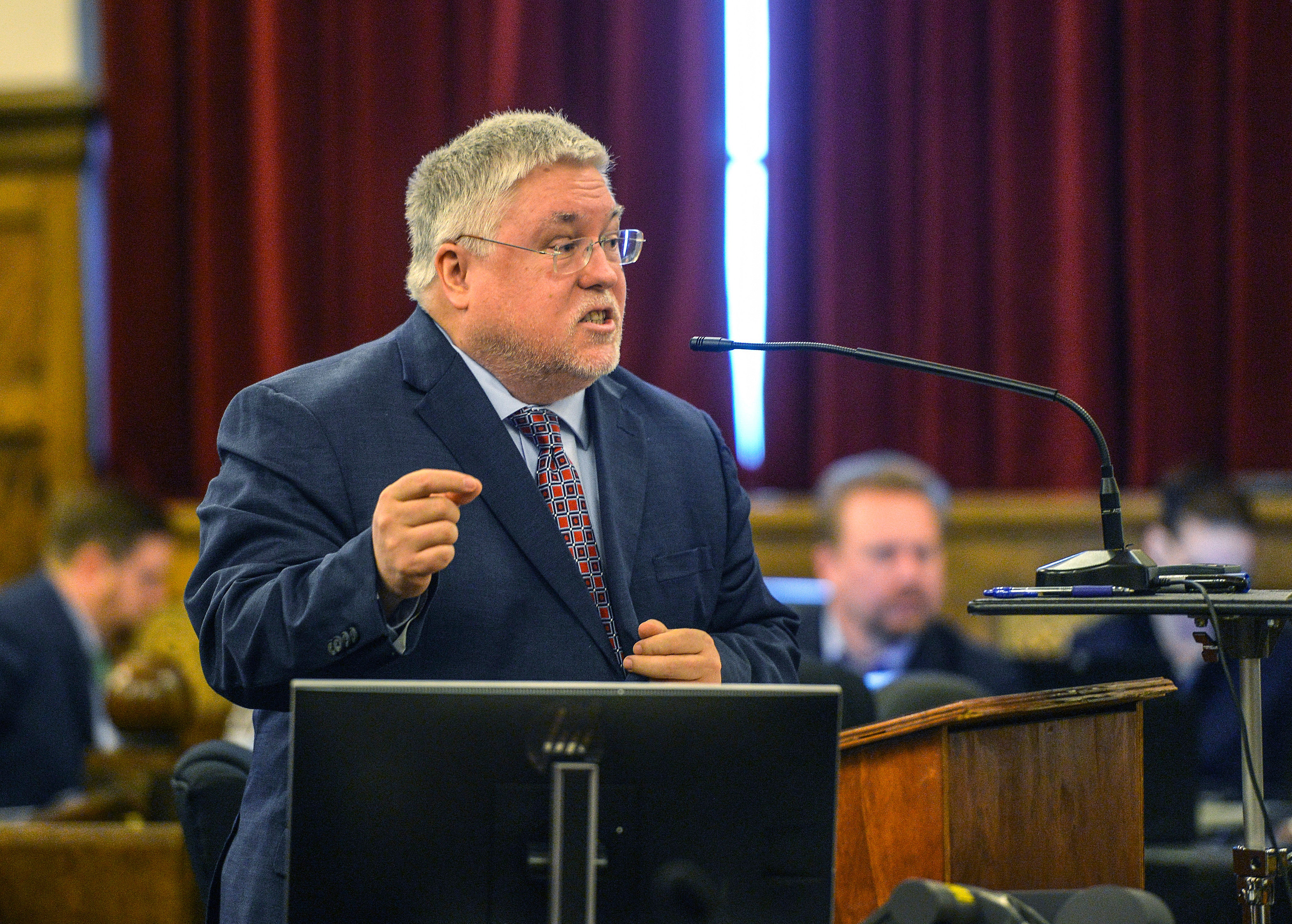West Virginia, Idaho asking Supreme Court to review rulings allowing transgender athletes to compete
West Virginia and Idaho are asking the U.S. Supreme Court to review rulings that blocked the enforcement of state laws prohibiting transgender athletes from competing in sports

Your support helps us to tell the story
From reproductive rights to climate change to Big Tech, The Independent is on the ground when the story is developing. Whether it's investigating the financials of Elon Musk's pro-Trump PAC or producing our latest documentary, 'The A Word', which shines a light on the American women fighting for reproductive rights, we know how important it is to parse out the facts from the messaging.
At such a critical moment in US history, we need reporters on the ground. Your donation allows us to keep sending journalists to speak to both sides of the story.
The Independent is trusted by Americans across the entire political spectrum. And unlike many other quality news outlets, we choose not to lock Americans out of our reporting and analysis with paywalls. We believe quality journalism should be available to everyone, paid for by those who can afford it.
Your support makes all the difference.West Virginia and Idaho are asking the U.S. Supreme Court to review rulings that blocked the enforcement of state laws prohibiting transgender athletes from competing in sports.
“If the Supreme Court takes this up, it will determine the fate of women’s sports across the entire country for many years to come,” West Virginia Attorney General Patrick Morrisey said Thursday at a briefing with reporters at the state Capitol in Charleston.
It's unclear when the high court would decide whether to take up the cases, which were filed separately Thursday and involve transgender athletes who hoped to compete on female-designated teams at the K-12 and college level, respectively.
In the West Virginia case, a 4th U.S. Circuit Court of Appeals panel ruled 2-1 in April that the state's transgender sports ban violated Becky Pepper-Jackson’s rights under Title IX, the federal civil rights law that prohibits sex-based discrimination in schools. Jackson, 14, has been taking puberty-blocking medication and publicly identified as a girl since she was in the third grade.
West Virginia Republican Gov. Jim Justice signed the law into effect in 2021.
Idaho in 2020 became the first state in the nation to ban transgender women and girls from playing on women’s sports teams sponsored by public schools, colleges and universities. The American Civil Liberties Union and the women’s rights group Legal Voice sued Idaho on behalf of Lindsay Hecox, who hoped to run for Boise State University.
A Boise-area high school athlete who is not transgender is also a plaintiff in the case because she fears the law could force her to undergo invasive tests to prove her biological sex if someone questions her gender.
In August 2023, a 9th U.S. Circuit Court of Appeals panel upheld an injunction blocking the law while the lawsuit moves forward.
Idaho Attorney General Raúl Labrador said Thursday activists working against the law are “pushing a radical social agenda that sidelines women and girls in their own sports.”
“Idaho is committed to ensuring that women and girls get a fair shot on and off the field,” Labrador said in a statement.
Morrisey said his office had been working closely with Labrador in filing the states' petitions.
“We think the combination of these cases provides a tremendous vehicle for the U.S. Supreme Court to act,” he said.
Sports participation is one of the main fronts in legislative and legal battles in recent years over the role of transgender people in U.S. public life. Most Republican-controlled states have passed restrictions on participation, as well as bans on gender-affirming health care for minors. Several have also restricted which bathrooms and locker rooms transgender people can use, particularly in schools.
West Virginia and Idaho are two of at least 24 states with a law on the books barring transgender women and girls from competing in certain women’s or girls sports competitions.
“This is a case about fair play,” Morrisey said. “It’s plain common sense, and we need the Supreme Court to weigh in and do the right thing.”
The ACLU, the ACLU of West Virginia, Lambda Legal and Cooley Law Firm released a joint statement in response.
“As the Fourth Circuit made abundantly clear, our client deserves the opportunity to participate in sports teams without discrimination," Pepper-Jackson's legal team said. "We will make our position clear to the Court and continue to defend the right of all students to play as who they are.”